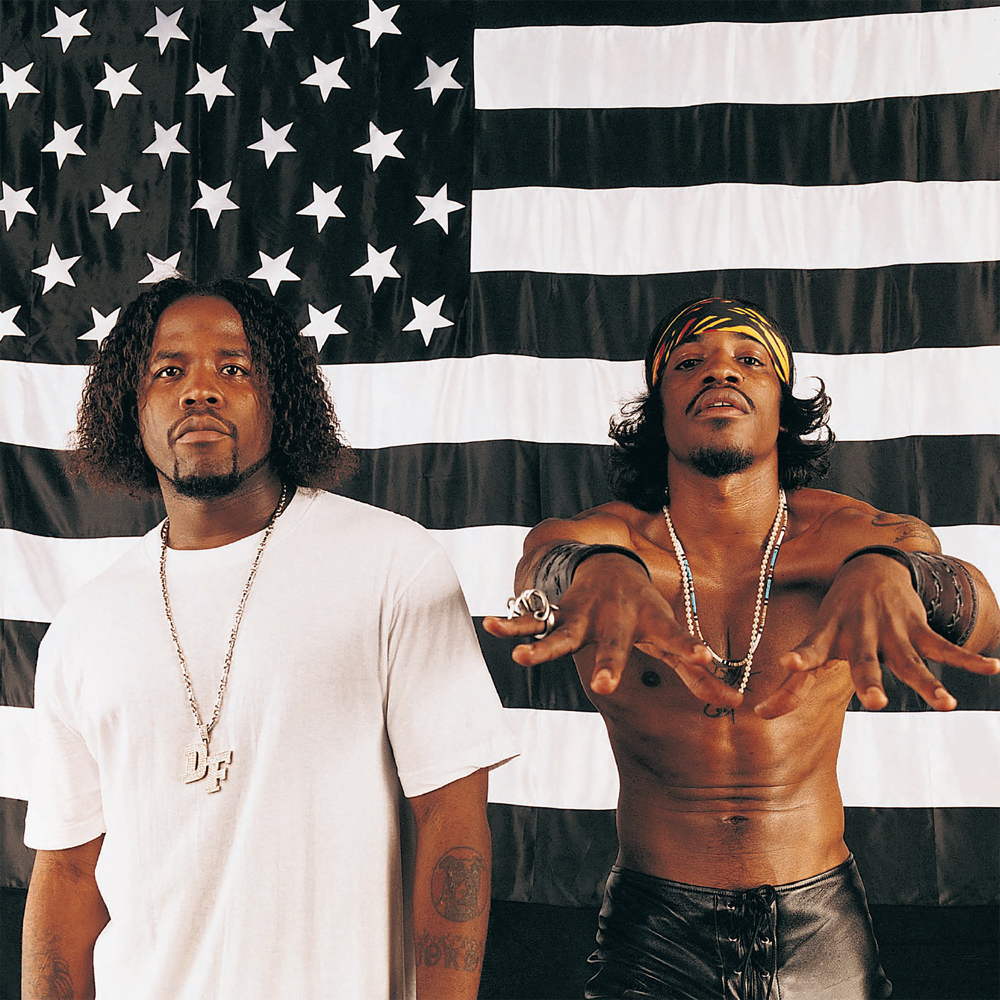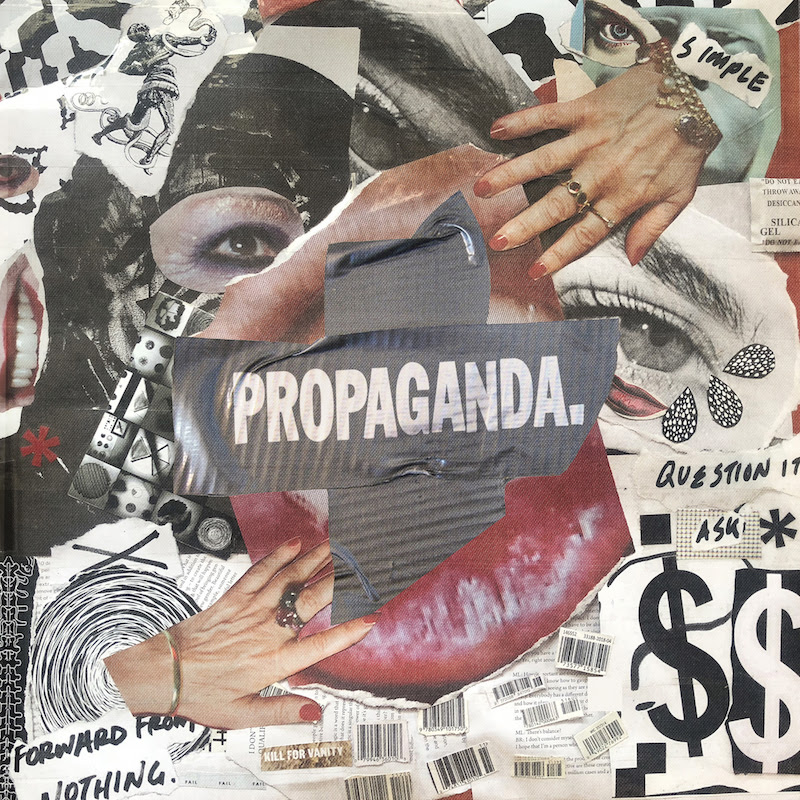Interview: Record Label Founder Zack Bia
From creating playlists to seeking out the next big artist, a pioneering path in the music industry
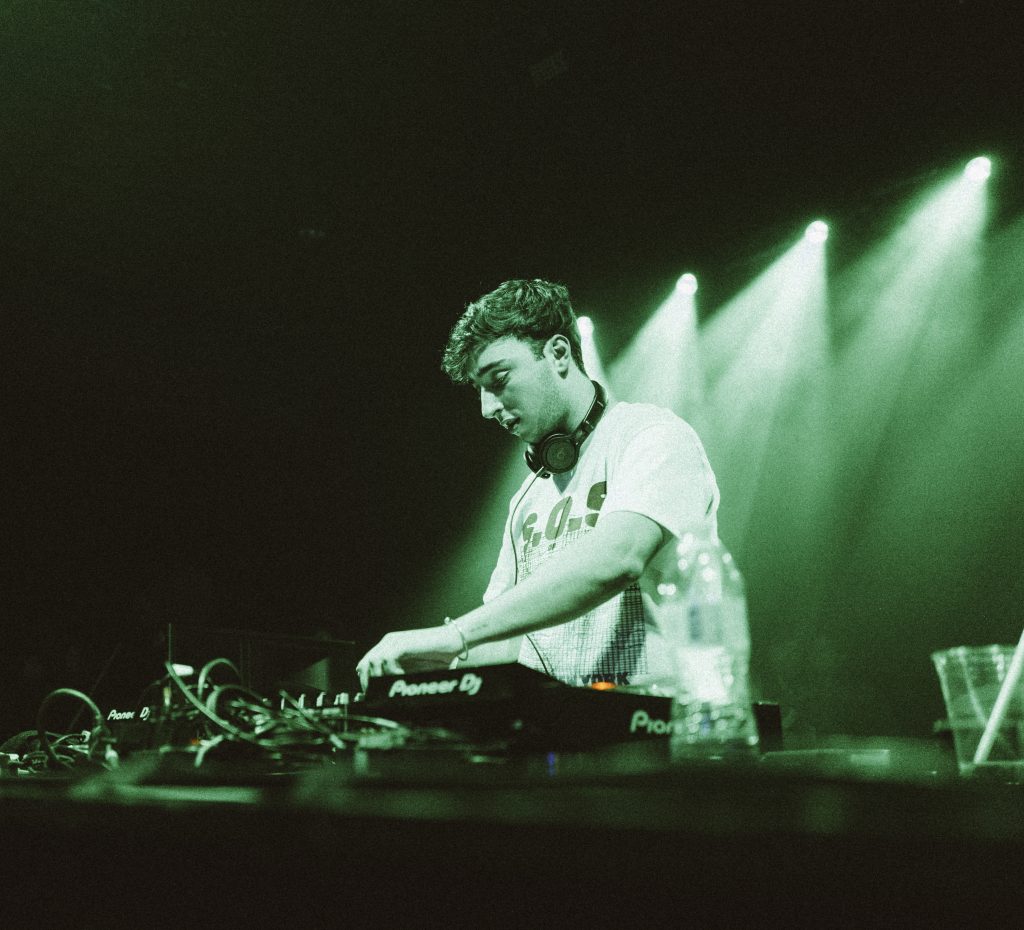
Multi-hyphenate creative entrepreneur Zack Bia works on so many projects across so many landscapes that it’s impossible to place him in one particular pop-culture category. What started as a meteoric rise—thanks to social media and support from some well-known friends—has turned into the steady path of founding his own record label, Field Trip Records. From seeking out the next big artist to DJing, Bia is ready to take his creative endeavors to the next level. We sat down with Bia at a quiet coffee shop down the street from his office in Los Angeles and chatted about his process and how he straddles the line between creative and manager.
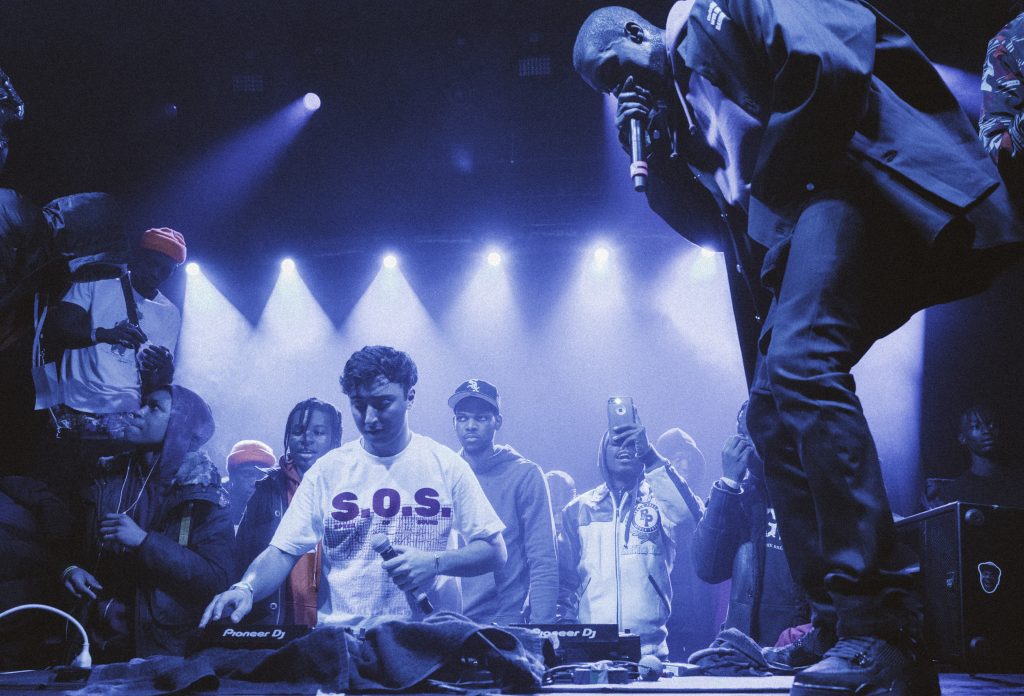
Tell us a little about your motivation to get your career where it is today.
I think it’s interesting, on that note, just how one thing leads to the next. The cool thing about all the different things I’m working on is that there’s this underlying through-line of synergy. The biggest motivating factor has just been being hard on myself. Any real motivation must come internally.
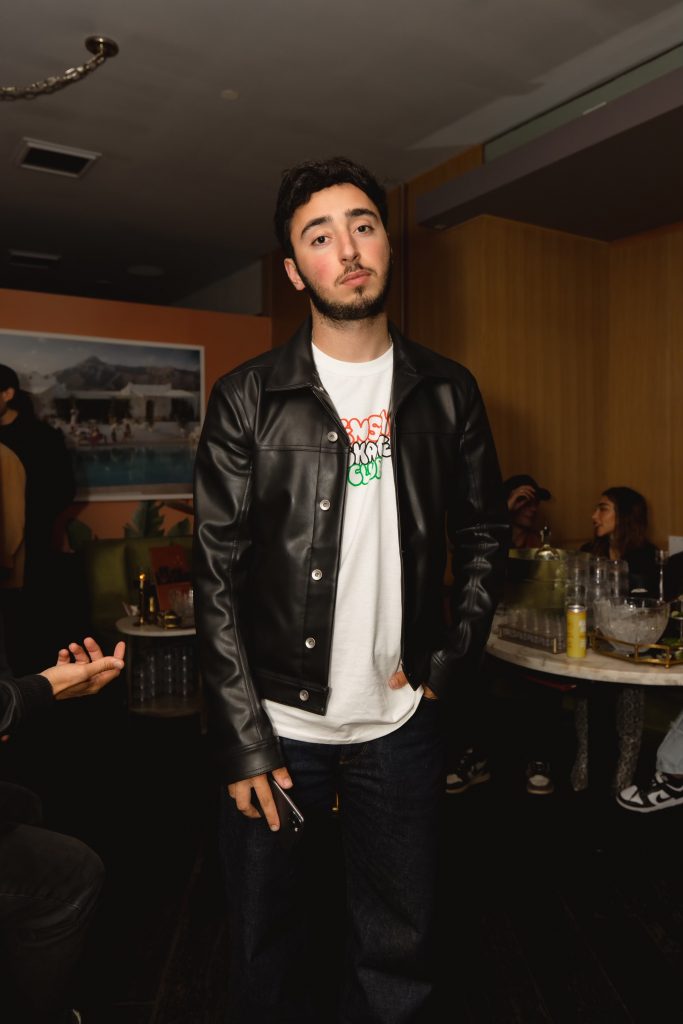
How have you managed to remain creative and inspired this past year?
From the music aspect of things, we experienced a time where touring—which is one of the largest revenue streams—got taken away. One of the best ways to break artists is through live shows and showcases, but now we’re experiencing a time where the barrier to entry to the music business is the lowest it’s ever been. Anyone can record a song from their living room and put it out. That over-saturation of music, it’s a good thing. Now it’s become, “How do you break an artist digitally?” So there are all these new challenges that we never even thought of because the business was running one way for so long.
Where do you hope it evolves to?
Music, fashion, all these industries, the gatekeeping has almost been broken down. Part of the reason that we’re building up our own record company is because we don’t have to stick to a traditional model. And I think that’s the opportunity. We’re not reinventing the wheel here. We’re still putting out music. But you can find these non-traditional ways to partner up with artists and empower people in a way that maybe wasn’t thought of before, because it was just so systematic, and so many people at the top were making so much money. Now that barrier’s been broken.
There’s no one that’s going to be more in touch with what’s current than the kids that are actually doing it. And we have artists that are 17 years old and they’re the most self-sufficient people I’ve ever seen. I signed this kid when he was 15, and he was doing all this on his own from his bedroom.
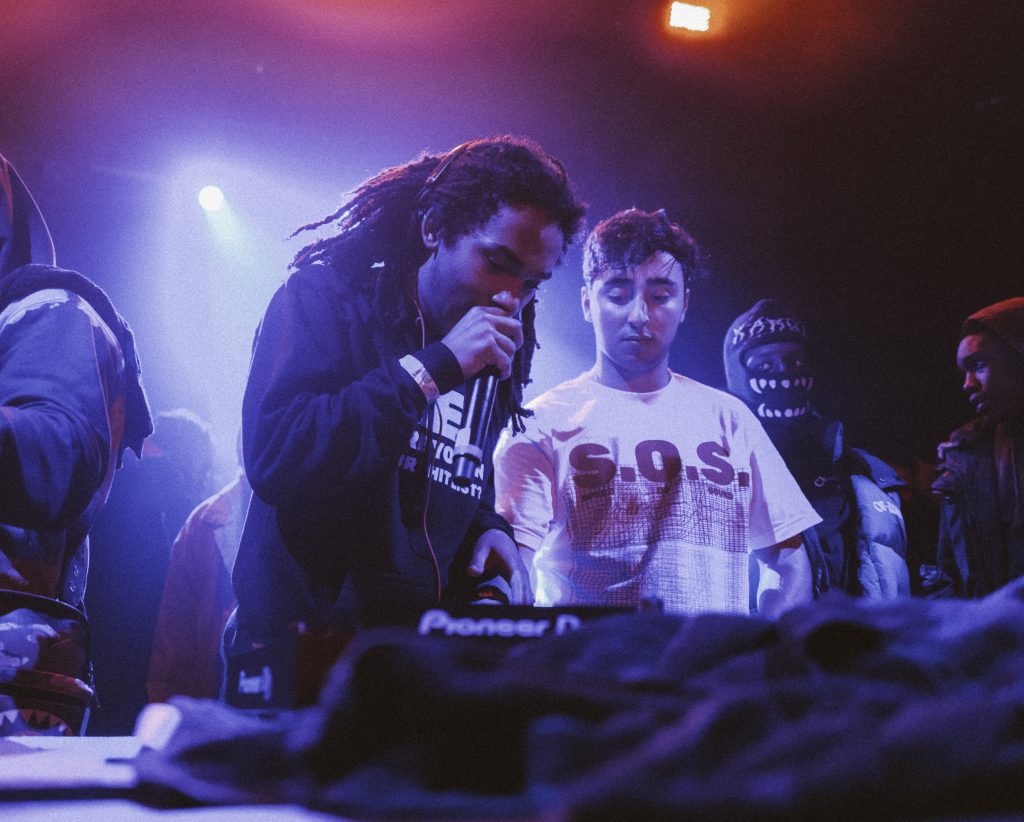
What do you look for when signing new artists?
It comes down to the music first and foremost. The music has to do something, make you feel something. And it has to be refreshing. And there’s an obvious talent there. The second part is really just seeing someone do this on their own; being able to get streams, being able to network with people, have that hustle. I think being able to see someone that can go out and fend for themselves—that makes our job really interesting because this is clearly someone that has vision and the hustle to do it. All we got to do is just come in and amplify it.
You went from creating playlists to signing artists and developing them. How has that experience been?
You end up taking on a lot of jobs you didn’t think were your job. Right? You’re part therapist, part Uber driver, part A&R, marketing side—you’re doing everything. I think when you’re building an operation from the ground up, you have to be. You must be hands-on with every facet. And, as with any business, scaling is difficult because when your thing’s in the hands of other people; there’s huge trust there.
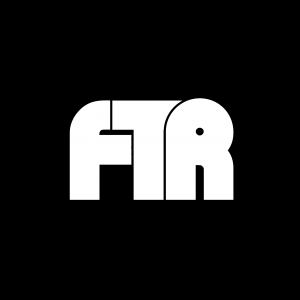 Tell us about Field Trip Records.
Tell us about Field Trip Records.
I was always in these different studios at these sessions, hanging out with artists, helping them with merch, helping them with music, whatever. And I just came to a point where it was a couple friends that were all doing amazing things in music. My main business partner was doing the whole management circuit. He had seen so many different sides of the business. I mean, he was 50 Cent’s assistant when he was 15. So he’s been in this. He was like, “I’m going to go start my own management company.” Then we had our friend who’s now the senior vice president of A&R at Republic Records, he was coming up in the A&R world. And I was doing what I was doing with artists. Basically we’re like, “Why don’t we come together, start our own thing?” Because the beauty is in building it like our own thing. And he put in his two weeks and we just started our company. That’s how it all came together. We had a friend who’s like a big brother to us that was like, “Yeah, I’ll put the money in.” So then we’re like, “Cool. Let’s go.”
Where did the name Field Trip Records come from?
I love the name, because obviously it’s kind of like this… it’s adventure. But funny enough, two of our best friends, they were living together in this house that was a tear-down that hadn’t been torn down yet—so they had a good deal. They called it Field Trip Estates because it was like an adventure. We ran with the name. I think things take on life as you build them out, right? The ethos of a name, it co-exists with what the company represents. So as it grows, we have friends that call it “the Trip” or “FTR” or whatever. It’s starting to form its own identity.
At the end of the day, we’re dealing with human beings here, and dealing with the daily struggles of human life are sometimes the hardest part
What part has been the biggest challenge that you faced in terms of getting this label off the ground?
What’s funny is that there’s some things that you imagine to be hard that are the easy part. So much of music nowadays, especially this time we’re living in currently, is dependent on this digital push. Everyone’s so worried about placements at the Spotifys and the Apples and playlists and all these things like that. There’s a lot of corporate relationships that made your labels whole, and that’s why they have such an important role. But then it’s like, you realize that those things are fun. Pitching songs and all that, that becomes second nature. At the end of the day, we’re dealing with human beings here, and dealing with the daily struggles of human life are sometimes the hardest part. Things happen in an artist’s life. It becomes how do you channel maybe a break-up or something into something creative?
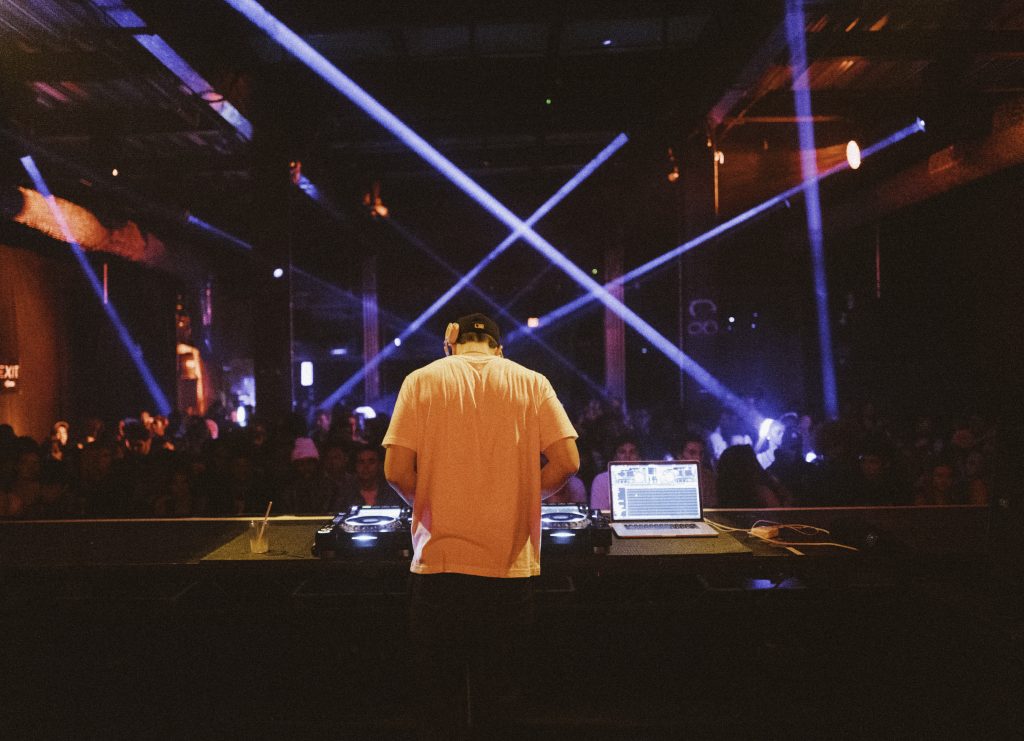
What is some advice current you would give younger you?
Five years ago, I wouldn’t have been able to picture this. You have to understand that every phase of your life is just that: a phase. It’s going to move, it’s going to change. As humans, we’re constantly evolving. And I think what I would tell myself is that part of being an entrepreneur, part of being someone in creative fields, means you have to not be scared of jumping in the dark—knowing that you’re going to land somehow, or figure out how to fly on the way down. Give yourself the certainty that you know you’re going to work hard. Also, don’t get discouraged if other people’s stuff is moving faster or slower or whatever. You can’t compare yourself to them.
Hero image courtesy of @nextsubject
